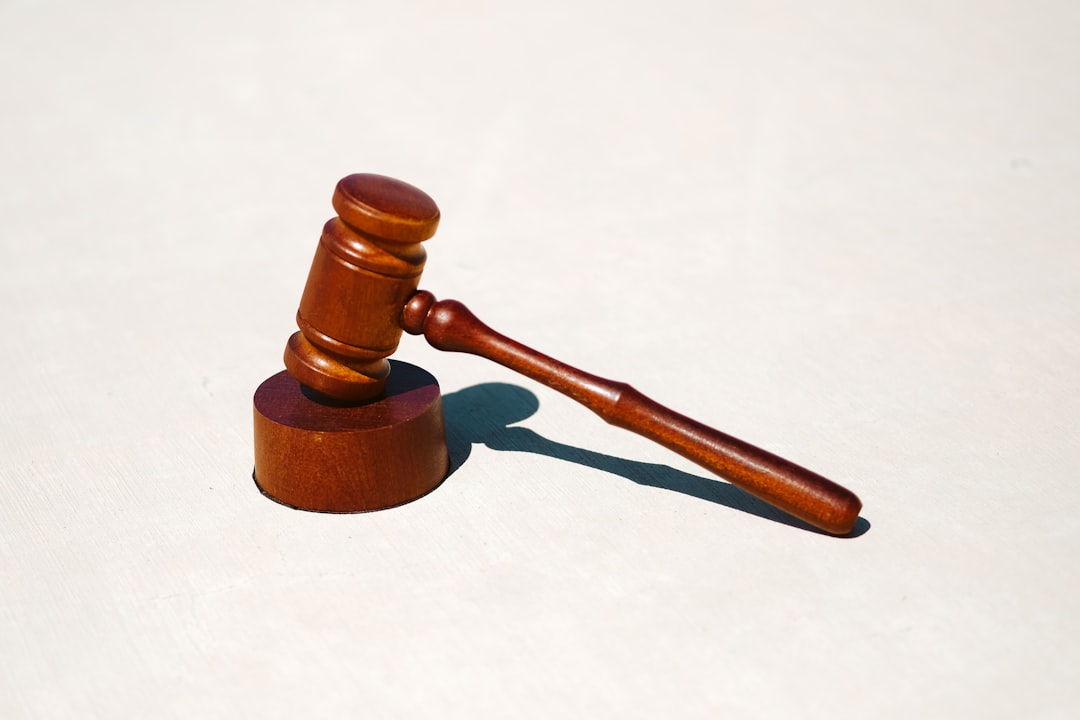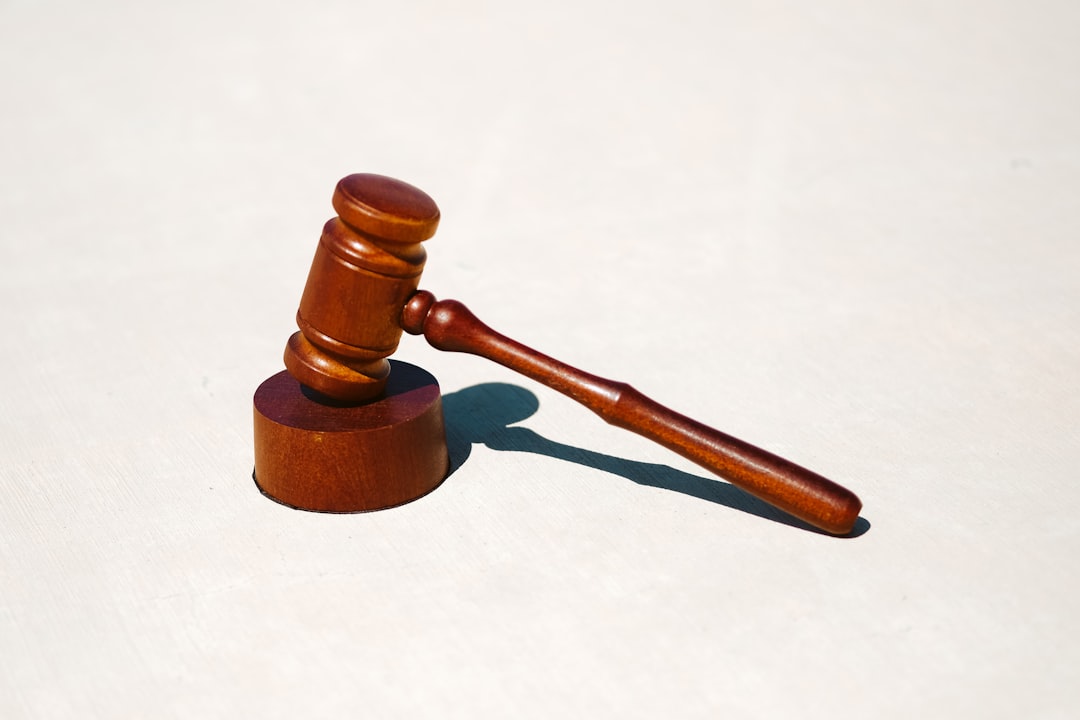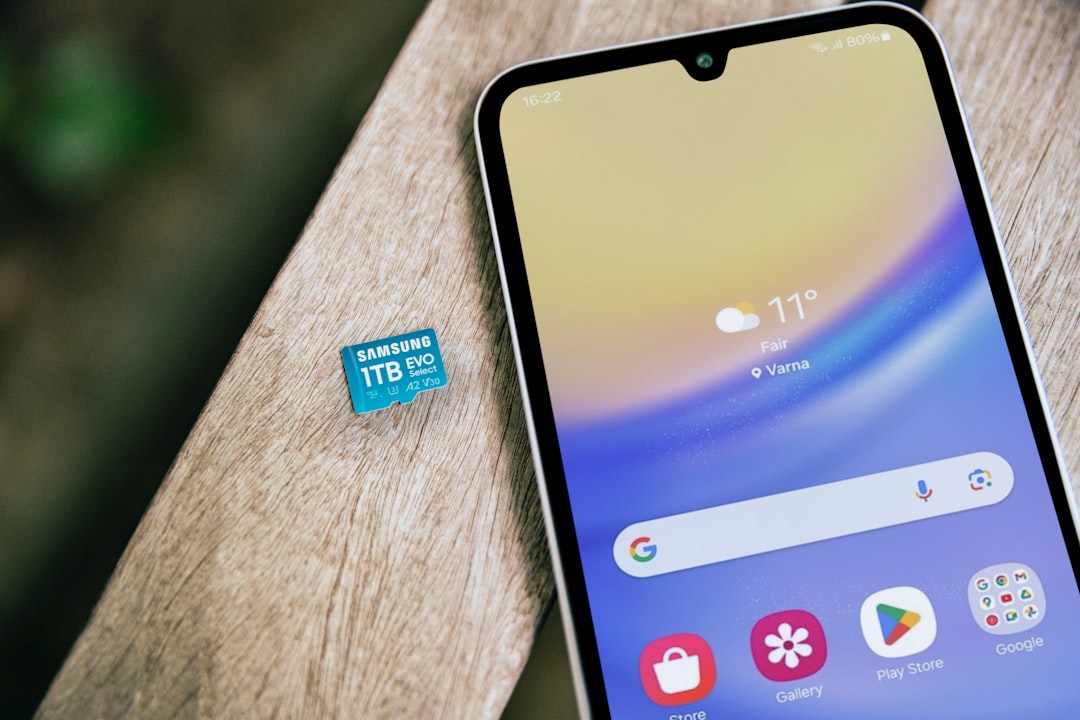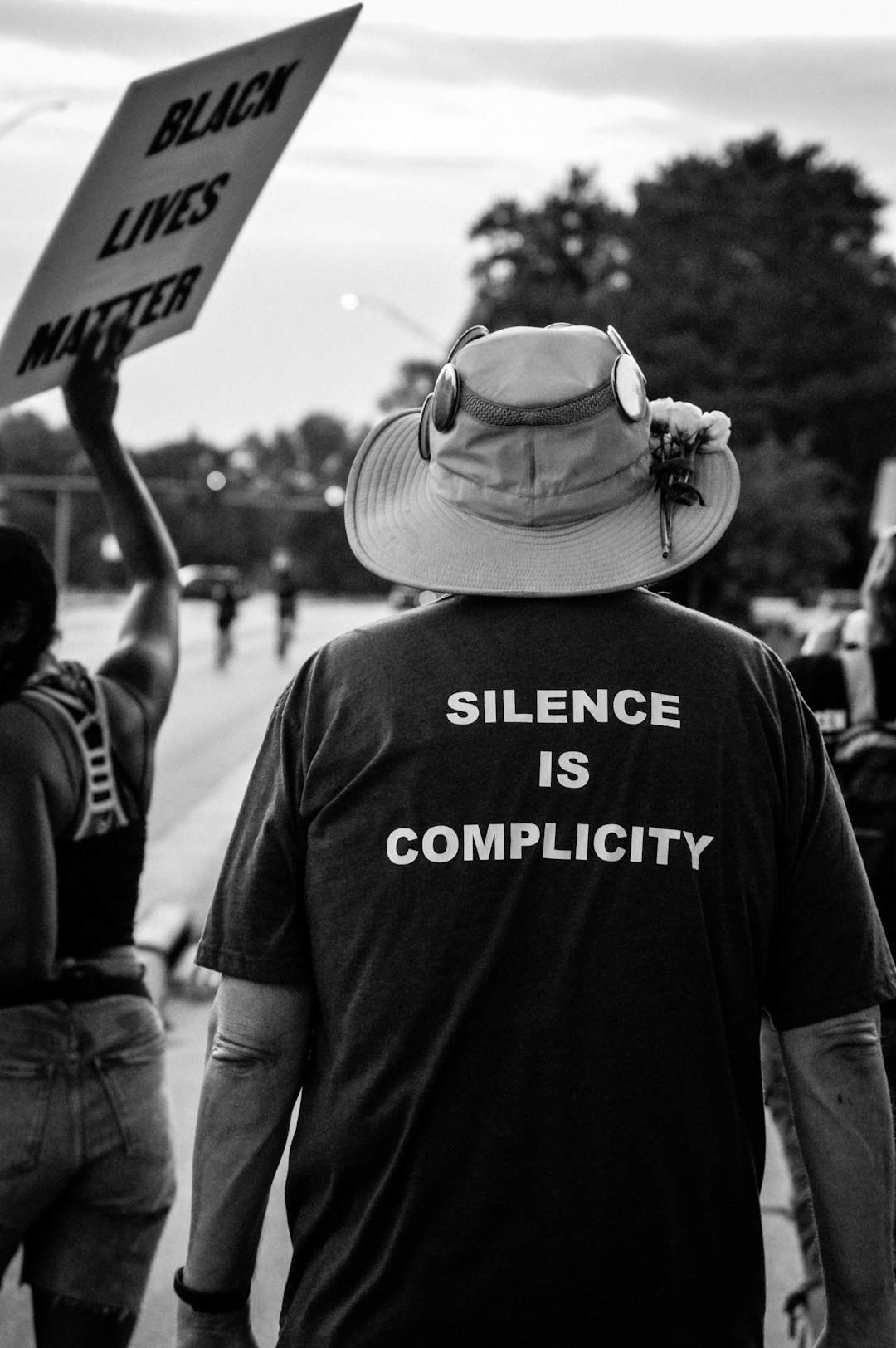Nebraska's texting ban law prioritizes safety, allowing citations only after a primary traffic violation. The rule bans texting while driving, with penalties including fines and license points. Drivers must understand and comply to avoid consequences. Consulting a lawyer for Do Not Text Laws Nebraska is crucial in case of charges, offering legal advice and protecting rights. Engaging such a specialist early can impact case outcomes and reduce penalties.
Nebraska has recently implemented a texting ban, making it illegal to send or read text messages while driving. However, this regulation is enforced as a secondary offense only. This article explores Nebraska’s new law, its impact on drivers, and the enforcement strategies employed by police. We delve into the rights of accused individuals and provide guidance on finding legal support for those facing charges related to Do Not Text laws in Nebraska. Understanding these aspects is crucial for anyone navigating this evolving legal landscape.
Understanding Nebraska's Texting Ban Law

Nebraska’s texting ban law, while strict, operates as a secondary offense only. This means that a driver can be cited for texting behind the wheel only if they are first pulled over for another violation. The primary focus is on ensuring safe driving conditions, not solely punishing texting drivers. The law prohibits sending or reading text messages, including those on smartphones, while operating a vehicle. A “text message” includes any form of electronic communication sent or received through a wireless device.
For those caught violating this law, penalties include fines and possible points on their driver’s license. Engaging in these activities while driving increases the risk of accidents, making it a significant concern for authorities. Given the potential consequences, understanding and adhering to Nebraska’s Do Not Text Laws is crucial. Those facing charges for texting while driving may wish to consult with a lawyer specializing in Nebraska’s Do Not Text Laws for guidance on their rights and options.
What Does the New Rule Mean for Drivers?

With Nebraska’s new rule, drivers can now only be charged with texting while driving if it’s determined to be a secondary offense. This means that police officers must first pull over a driver for another violation before they can issue a citation for sending or reading text messages on a mobile device. The change aims to prevent excessive scrutiny and ensure fairness in enforcement.
For drivers, this rule shift has clear implications. It’s now more crucial than ever to prioritize safety on the road. While the primary focus should remain on driving attentively, understanding that secondary offenses are now subject to prosecution can serve as a reminder to put away devices while behind the wheel. Should a driver find themselves facing charges related to Do Not Text Laws in Nebraska, consulting with an experienced lawyer for Do Not Text Laws Nebraska becomes essential to navigating the legal process and defending their rights.
How Do Police Enforce This Secondary Offense?

In Nebraska, the enforcement of the texting ban as a secondary offense relies on police officers’ discretion during traffic stops or other circumstances where they observe a violation. When an officer pulls over a driver for a primary infraction, such as speeding or an improperly signaled lane change, they may detect signs of distracted driving if the driver is engaging in text messaging or similar activities. Officers will then issue a citation for the secondary offense of texting while driving if they determine it was a contributing factor to the risky behavior behind the wheel.
Police typically approach these situations with care, ensuring they have sufficient evidence to support the charge. This may involve direct observation, witness accounts, or even forensic evidence from devices seized during the stop. A lawyer specializing in Do Not Text Laws Nebraska can provide guidance on the legal thresholds for proving such offenses and help individuals understand their rights during interactions with law enforcement.
Rights of Those Accused Under This Ban
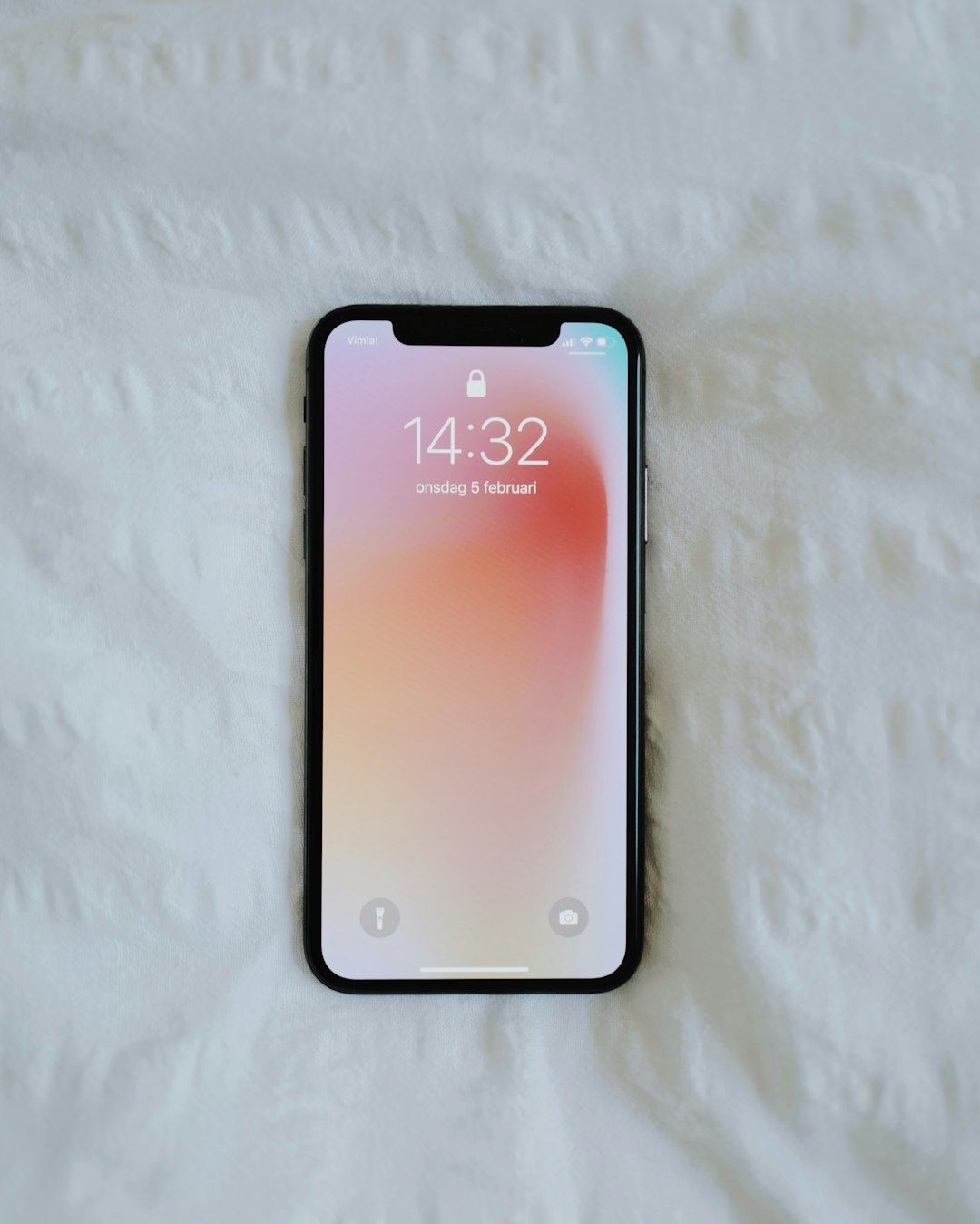
Under Nebraska’s texting ban, individuals accused of violating this law have specific rights. If pulled over or stopped due to suspected texting while driving, the accused has the right to remain silent and consult with a lawyer for Do Not Text Laws Nebraska. They are protected by the Fifth Amendment, which provides against self-incrimination. This means any statements made during an investigation could be used against them in court.
Additionally, they have the right to legal counsel, meaning they can request an attorney to represent them and help navigate the legal process. It’s crucial for those facing charges to exercise these rights, as a lawyer specializing in Do Not Text Laws Nebraska can provide guidance tailored to the specific circumstances of the case, potentially leading to a favorable outcome.
Finding Legal Support for Texting-Related Cases

If you’ve been charged with a texting-related offense in Nebraska, finding the right legal support is crucial. A skilled lawyer specializing in Nebraska’s Do Not Text laws can provide invaluable guidance and advocacy. They will help navigate the complexities of the law and ensure your rights are protected throughout the process.
Seeking legal assistance early on can make a significant difference in the outcome of your case. These attorneys understand that texting bans are considered secondary offenses, but they know how to challenge the evidence and argue for reduced charges or dismissals. With their expertise, you’ll have a stronger chance of achieving a favorable result and avoiding potential penalties associated with these laws.
